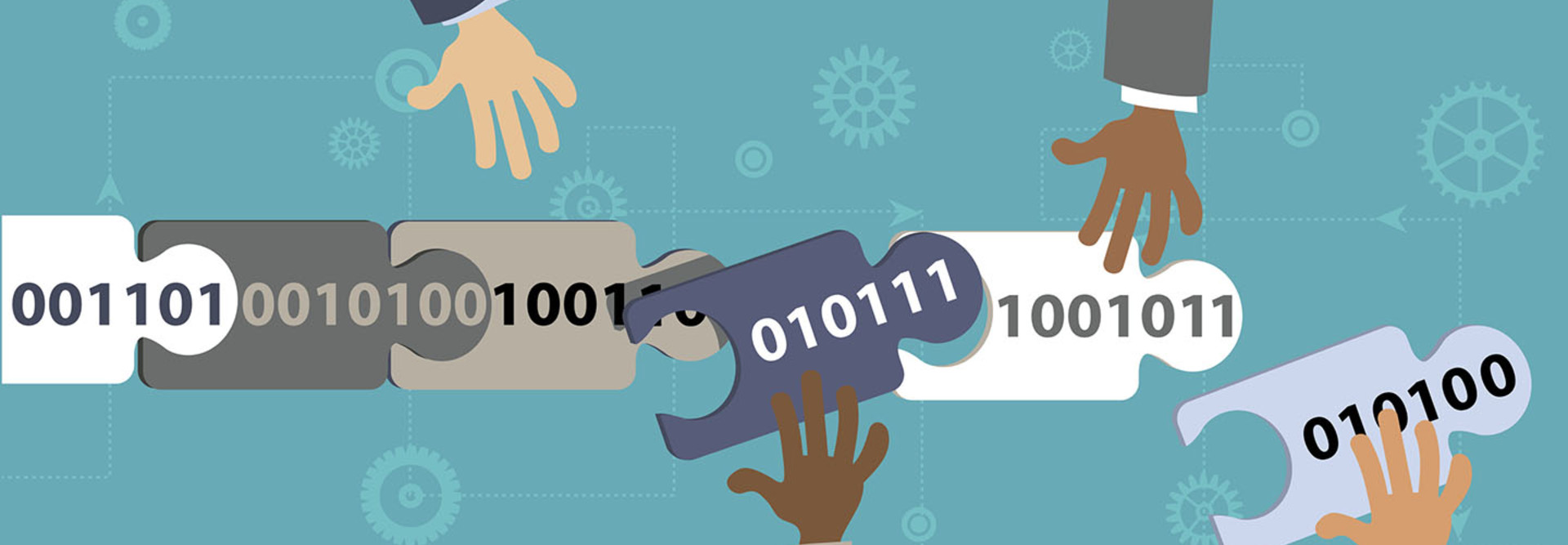Government Spotlights Blockchain to Bolster Accountability
Confirm voter identity. Coordinate procurement across agencies. Issue a business license. Those are just a few of the many potential uses for blockchain in state and local government, prompting a close look at the technology from public-sector IT leaders.
The underpinning of bitcoin and other cryptocurrencies, a blockchain is a shared digital ledger. Transactions are updated across a public and permissionless network, making them transparent and nearly tamperproof. IBM believes that blockchain will do for transactions what the internet did for information.
According to a survey from the IBM Institute for Business Value, nine out of 10 government organizations worldwide plan to invest in blockchain for use in financial transaction management, asset management, contract management and regulatory compliance by 2018. A smaller group of early adopters (14 percent) plan to have blockchains in production and at scale later this year.
Multiple Uses Emerge for Blockchain Software
Experts envision four general categories of blockchain use for government: verification, movement of assets, ownerships and identities. Each type of application could streamline service delivery and reduce fraud and errors.
A report from Deloitte cites the potential for a blockchain to serve as the official registry for government-licensed assets or intellectual property owned by citizens and businesses, such as houses, vehicles and patents. Given the nascent stage of the technology, IT leaders will first find success experimenting with blockchain on a smaller scale, making initiatives particularly well suited for small jurisdictions.








